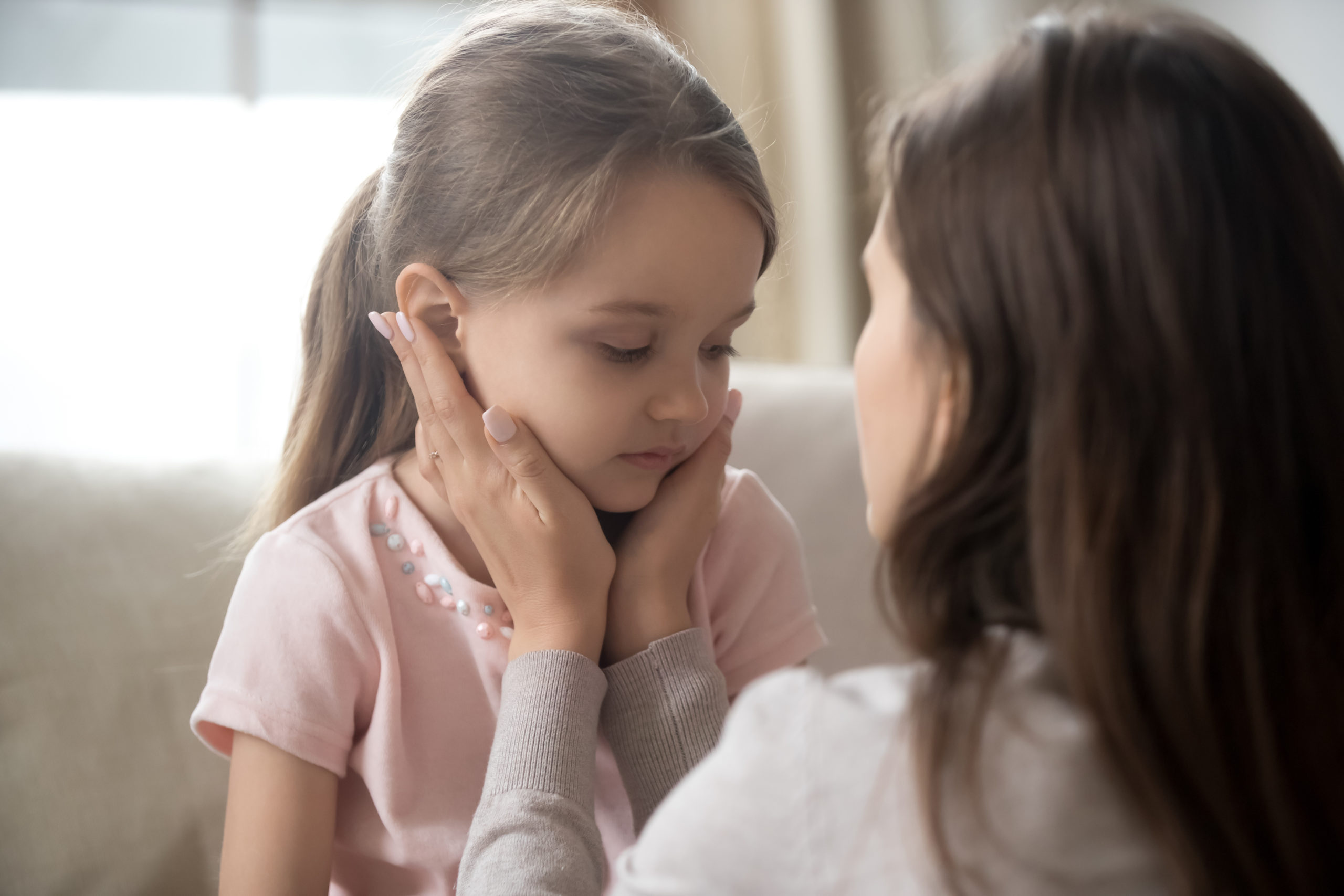For any adult, trying to wrap your head around the uncertainty and vulnerability of our current reality can be a daunting task. There have, and will continue to be, moments of anxiety, frustration, fear and sadness, as we struggle to make sense of this growing pandemic. The beauty of our minds however, is that we as adults have the ability to identify those thoughts and feelings, and connect our internal experiences to what is occurring in the outside world.
For children, the impact that this pandemic is having on them may not be as black and white. Being ill-equipped to fully comprehend and verbalize their experiences, it is almost impossible for children to identify what it is they are enduring. What may occur however, are subtle changes in their demeanor and overall disposition that will be tell-tale signs that they are feeling dysregulated.
Children’s behaviors will differ based on age and maturity, as will how you respond and assist in supporting them.
For preschool aged children, they may not be consciously aware of what is occurring on a global level. What they are witnessing however, is a shift in the dynamic at home as well as their routine and sense of normalcy. Most young children are impacted by transitions such as these. However, because they are unable to verbalize or comprehend the impact that these transitions have on them, we sometimes disregard the warning signs.
Children who are being impacted may start to exhibit regressive behaviors such as:
- Difficulty sleeping alone, interrupted sleep
- Changes in appetite
- Impairments with speech
- Bed-wetting and incontinence
- Inability to self-regulate – more frequent & severe tantrum-like behaviors
Our response as parents must first and foremost be to remain calm and patient during these emotionally triggering times. It is essential to remember that these behaviors are present because your child may be feeling anxious, overwhelmed and confused. Try your best to maintain some semblance of structure and routine of daily activities within the household. If your child is in need of support and reassurance, it is okay to make temporary adjustments. Whether that is laying in bed with him or her for a longer amount of time or letting them stay up a few minutes later, ensuring their safety and comfort is top priority.
Although direct conversation about all that is occuring may not be most effective at this stage in their lives, it is essential to encourage self expression through creative outlets such as imaginative play, drawing, etc. Remain focused and aware of any subtle changes in your child’s demeanor, and assist in helping your child to self-regulate through soothing activities.
For older children, some of the warning signs may be similar, but it is important to also be aware of some additional ones as well:
- Difficulty sleeping, interrupted sleep
- Changes in appetite
- Psychosomatic symptoms such as headaches and stomachaches
- Withdrawal from peers and loved ones
- Loss of interest in activities that historically ignited passion
- Avoidance of school work and household responsibilities
- Disregard for self care and personal hygiene
- Increased irritability, whining and aggressive behavior
Many of the same rules apply when supporting our adolescent and teenage children through this tumultuous time. They too will benefit from the same patience, structure and assistance that you would provide to a younger child.
The difference here is that our older, more mature children will be able to utilize this time as an opportunity to better understand themselves and their own internal experiences. We as their parents can work to help them identify what it is they are feeling, verbalize their own fears and anxieties, and assist them with connecting how these emotions are ultimately impacting their behavior. Through this conversation, our children are afforded an opportunity to learn how to regulate through their own reflection and analysis.
Our role as parents will be to validate their experiences, support their process and work to minimize any unnecessary triggers that may impact their stability. This can be done by monitoring social media use, enforcing a healthy routine, overseeing their school work and checking in throughout the day to provide opportunities for your child to do a quick self assessment on how they are feeling.
This is a trying time for all of us, and as parents, we are faced with the dual role of not only being mindful of our own reactions, but of our children’s as well. If we are diligent in handling this responsibility appropriately, not only can we all get through this unscathed, but we can empower our children to become more self aware, compassionate and insightful beings.




